Event: Brain-computer interfaces: the path to home-use
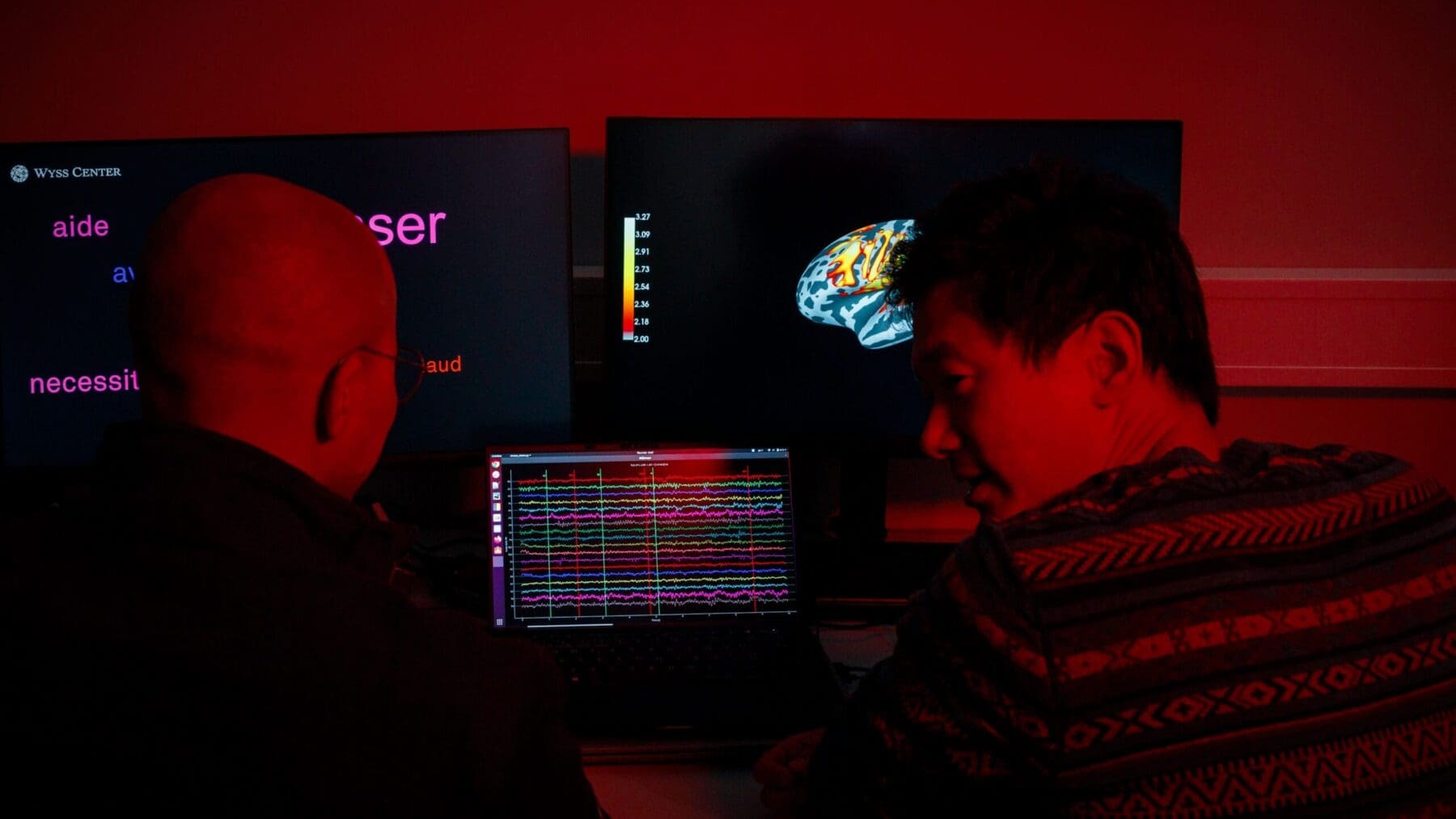
Monday 6 December 13h
Campus Biotech | REGISTER here
We are on the cusp of a neural data revolution. An unprecedented quantity of quality multimodal data provided by a new generation of neural interface technology is set to drive assistive technologies, enable digital biomarker identification and offer unparalleled insights into disease.
Join us as we bring together scientists, engineers and clinicians to discuss how best to harness these insights to develop therapies, enhance diagnostics and improve care for people with neural disorders. The speakers will share their latest work on neural signal decoding for the restoration of communication using brain-computer interfaces (BCI) and their perspectives on clinical data acquisition and analysis for people with epilepsy. The event will be followed by an aperitif.
Meet the speakers
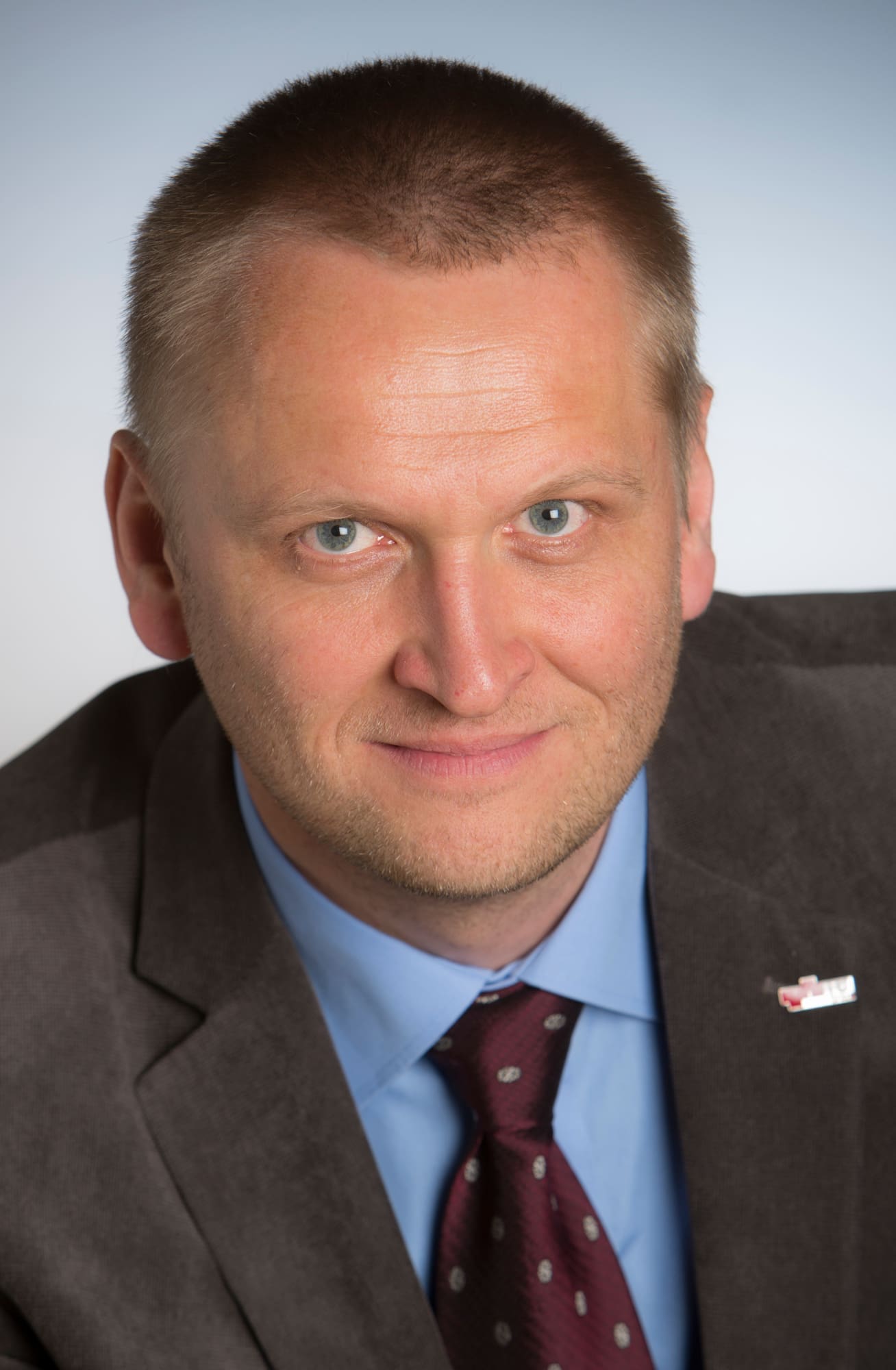
Prof. Gernot Mueller Putz, PhD, Head of the Institute of Neural Engineering and its associated Laboratory of Brain-Computer Interfaces at the Graz University of Technology
Prof. Dr. Gernot Müller-Putz is head of the Institute of Neural Engineering and its associated Laboratory of Brain-Computer Interfaces. He received his MSc in electrical and biomedical engineering in 2000, his PhD in electrical engineering in 2004 and his habilitation and “venia docendi” in medical informatics from Graz University of Technoloy in 2008. Since 2014 he is full professor for semantic data analysis.
He has gained extensive experience in the field of biosignal analysis, brain-computer interface research, EEG-based neuroprosthesis control, communication with BCI in patients with disorders of consciousness, hybrid BCI systems, the human somatosensory system, and BCIs in assistive technology over the past 21 years.
He has also managed several national projects (State of Styria) and international projects (Wings for Life, EU Projects). Recently, he coordinated an EU Horizon 2020 project, MoreGrasp. Furthermore, he organized and hosted seven international Brain-Computer Interface Conferences over the last 15 years in Graz, the 8th Conference in Sept. 2019. He is Associate Editor of IEEE Transactions in Biomedical Engineering and Associate Editor of the Brain-Computer Interface Journal. He has authored more than 185 peer reviewed publications and more than 200 contributions to conferences which were cited more than 19400 times (h-index 70). In 2015, he was awarded with an ERC Consolidator Grant “Feel your Reach” from the European Research Council. In May 2017 he received the Ludwig-Guttman Award from the German Medical Spinal Cord Injury Association (DMGP). In May 2018 he was elected into the Board of Directors of the International Brain-Computer Interface Society. In May 2019 he received the science prize of the state of Styria. Since August 2019 he is Editor in Chief of Frontiers in Human Neuroscience: Brain-Computer Interface.
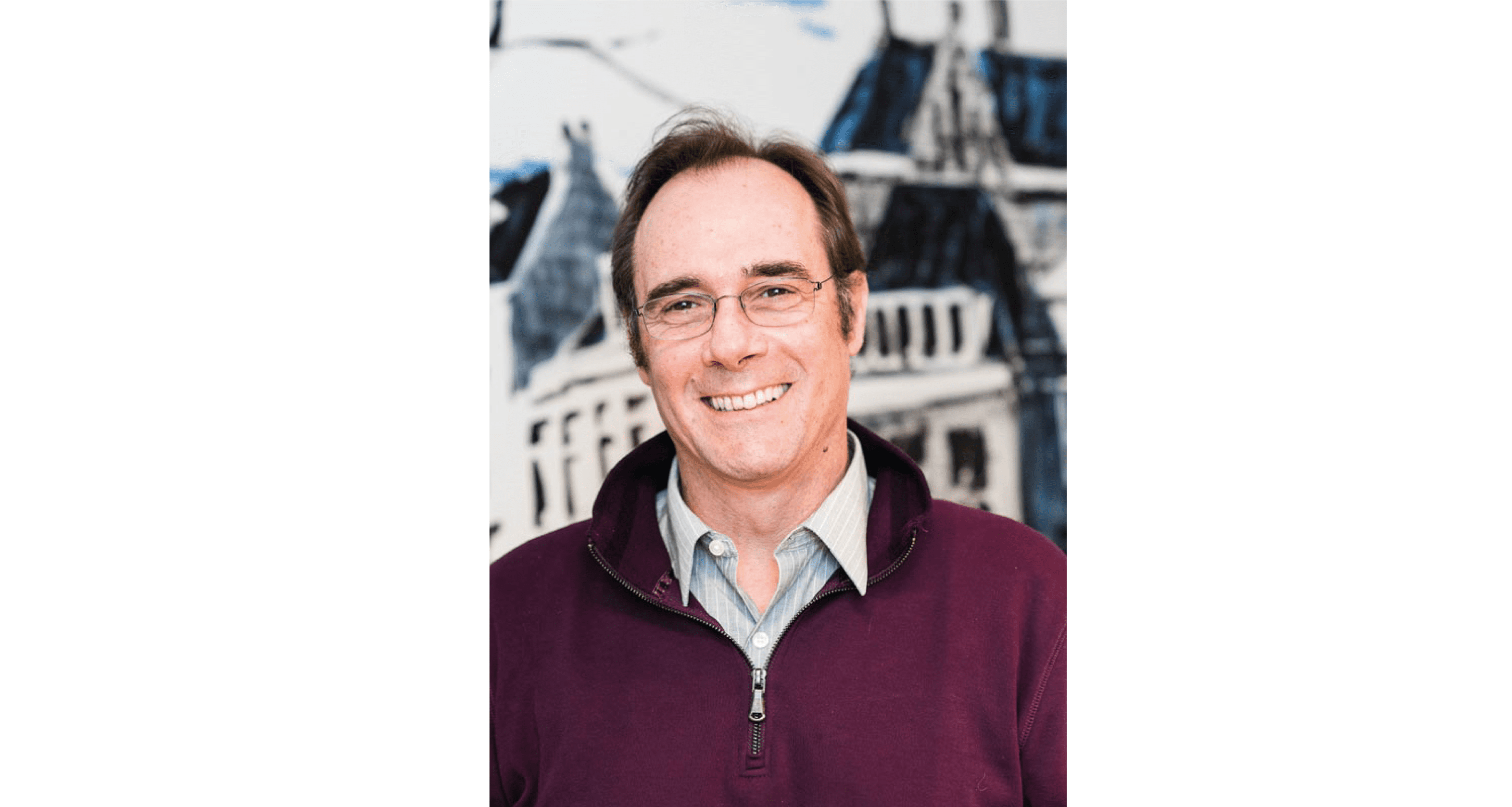
Prof. Nick Ramsey, PhD, Professor of Cognitive Neuroscience and Group Leader, UMC Utrecht Brain Center
Prof. Dr. Nick Ramsey provides scientific guidance on Wyss Center programs working to restore function for people with paralysis and communication for those locked-in as a result of ALS. He also advises on strategic project planning, and contributes to external funding proposals. He brings extensive knowledge of the BCI field as well as expertise in human intracranial brain-computer interface research and knowledge of associated ethical and regulatory frameworks. Nick is Professor of Cognitive Neuroscience at the University of Utrecht (NL) where he leads a multidisciplinary research group.
Nick has been active in the field of implantable human BCI systems since 2005 and runs the Utrecht Neuroprosthesis project at the University Medical Center of Utrecht where people with locked-in syndrome are provided with a brain implant to operate assistive technology software.
His BCI team conducts research on decoding brain signals obtained with subdural electrode grids, aiming to employ implantable BCI devices with 32 or more amplifiers to enable operation of a speech computer. Nick has a background in Psychology and Cognitive Neuroscience and has conducted extensive research on human brain function, using functional MRI and high-field MRI scanners.
After completion of his PhD in psychopharmacology (University Utrecht, NL), Nick spent several years developing functional MRI paradigms at NIH (USA). In 1995 he initiated an fMRI research lab in the Psychiatry Department of the University Medical Center of Utrecht, and became a Professor in the Neurosurgery department in 2008 where he started the combined electrocorticography-fMRI research lab he heads today.
Nick aims to translate neuroscientific findings to clinical applications, which has culminated in the Neuroprosthesis program and in a spin-off company that provides clinical fMRI to clinics (Braincarta), and which motivates his involvement in the research at the Wyss Center.
Nick was instrumental in founding the international BCI Society in 2015, of which he was President until 2019.
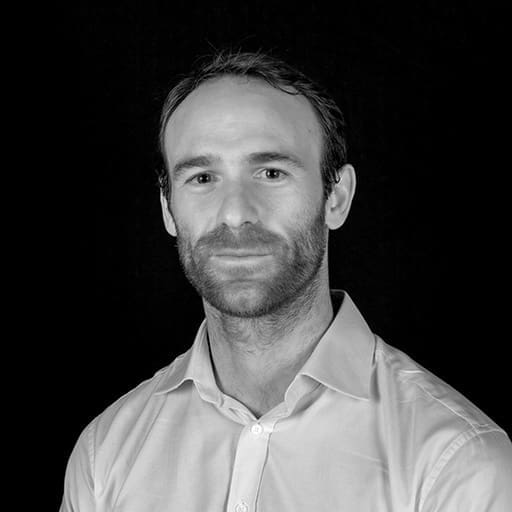
Henri Lorach, EPFL
Dr. Lorach graduated from Ecole Polytechnique in Paris and completed his PhD at the Vision Institute working on the encoding of visual information in the retina. He joined Stanford University to develop retinal implants that stimulate electrically the retina and restore visual perception to the blind. He is currently leading the Brain Spine Interface unit at Neurorestore to implement brain-controlled spinal cord stimulation strategies to restore motor function in patients with spinal cord injury.
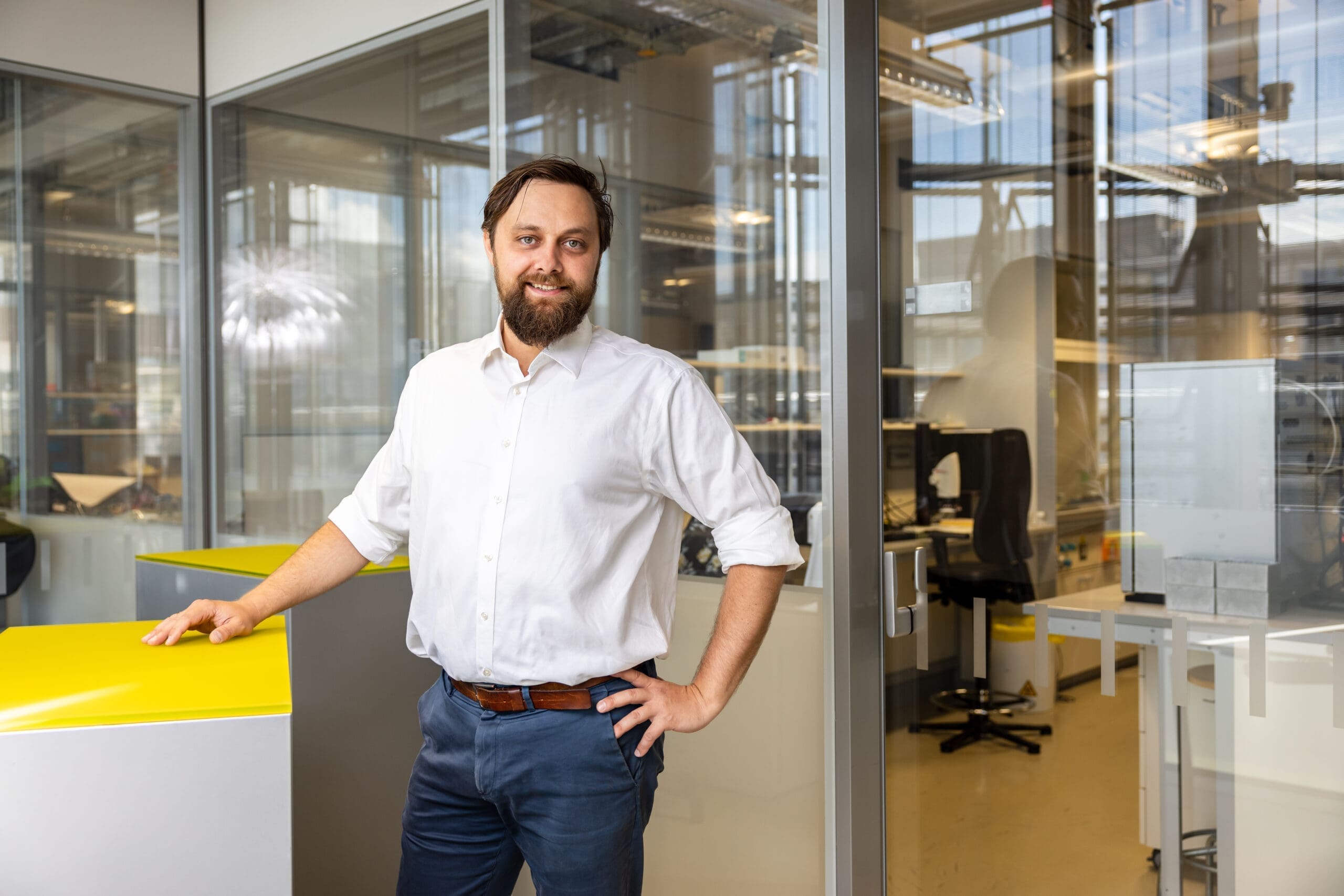
Jonas Zimmermann, PhD, Senior Neuroscientist at the Wyss Center
Dr Jonas Zimmermann joined the Wyss Center in 2017 as staff neuroscientist. He facilitates pre-clinical studies of novel therapeutic methods and devices. He also has a keen interest in advanced neural data processing algorithms and supports various projects at the Wyss Center in this area.
Jonas earned his PhD from Newcastle University (UK), working on spinal cord stimulation to restore movement. He brings more than ten years of experience both with human and animal neuroscience working with technologies as diverse as fMRI, multielectrode array recordings, optogenetic and electrical stimulation, and EEG.
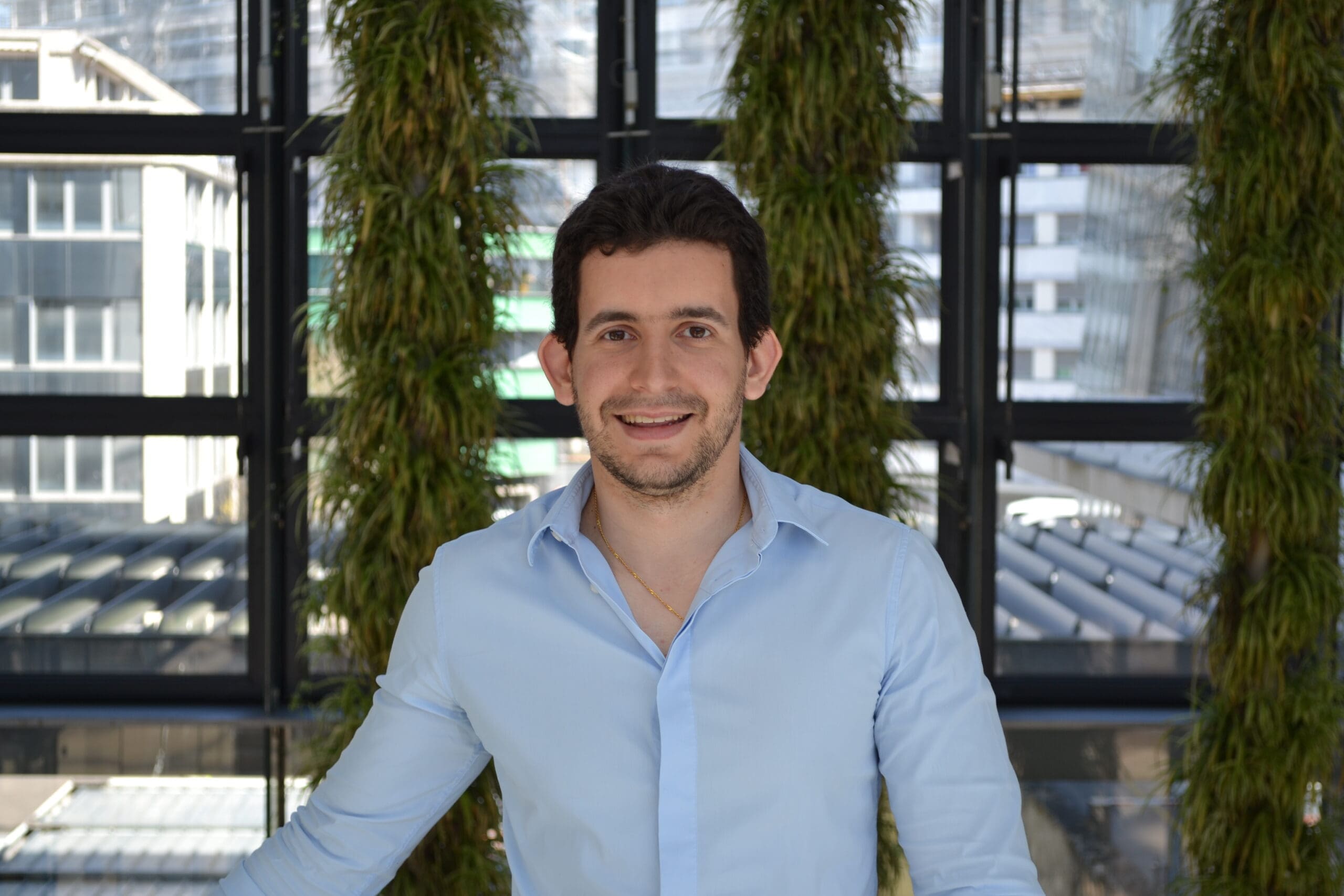
Nicolas Vachicouras, CEO, Neurosoft
Nicolas Vachicouras holds a MSc and PhD degree in micro-electronics from EPFL. He has eight years of experience working in the field of neuroprosthetics. He was an R&D intern and consultant for Aleva Neuroprosthetics for five years. Nicolas holds a Certificate of Advanced Studies in the management of medtech ventures. Nicolas is a co-founder and CEO of Neurosoft Bioelectronics, a spin-off from the Laboratory of Soft Bioelectronics Interfaces (EPFL).
Agenda:
13:00 – 13:20 talk (Nick Ramsey / UMC Utrecht Brain Center)
13:20 – 13:40 talk (Gernot Müller-Putz / Graz University of Technology)
13:40 – 14:00 Brain-spine interfaces for motor restoration after spinal cord injury (Henri Lorach / EPFL)
14:00 – 14:20 talk (Vincent Delattre / Onward)
14:20 – 14:40 coffee
14:40 – 15:00 talk (Jonas Zimmermann / Wyss Center)
15:00 – 15:20 talk (Silvia Marchesotti / University of Geneva)
15:20 – 15:40 talk (Martin Schüttler / CorTec)
15:40 – 16:00 talk (Nicolas Vachicouras / Neurosoft)
Apéro
REGISTER here
Add to my calendar: Google Calendar, Microsoft Outlook
Find us: Campus Biotech, Chemin des Mines 9, CH-1202, Geneva, Switzerland
Accessibility: Campus Biotech is a fully accessible building with wheelchair access and facilities on all floors.
If you have registered but are no longer able to attend, please let us know by sending an email to: info@wysscenter.ch
